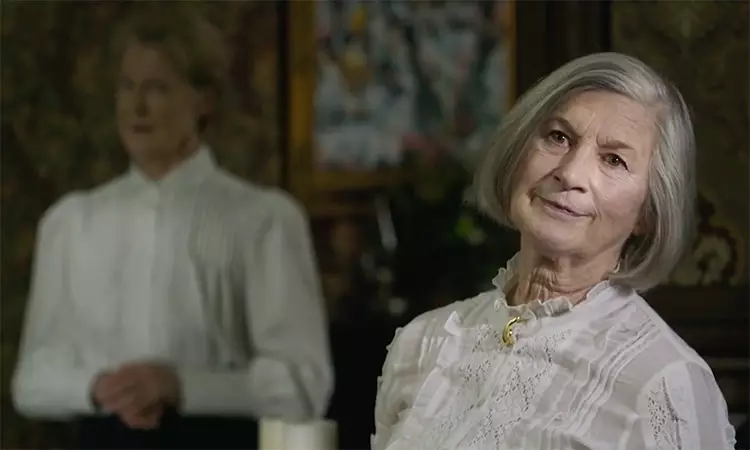Parker Brennon’s horror anthology, *Hauntology*, emerges not merely as a collection of ghost stories, but as a profound exploration of identity, loss, and the supernatural fabric entwined in everyday life. The narrative centers around Jazmin and her resilient younger sibling, Venus, who embark on a transformative road trip steeped in the rich folklore of their Ohio hometown. Each stop along their journey reveals not just the frightful specters of the past but also the diverse narratives of queer individuals grappling with their own realities.
The strength of *Hauntology* lies in its multifaceted storytelling. Rather than focusing solely on traditional haunted house scenarios, Brennon crafts compelling vignettes that delve into the lives of individuals who are not only haunted by spirits but also by their own desires and fears. For instance, the story of Julian— a trans woman who conjures a spell to achieve her ideal self—explores the intersection of self-identity and the darker aspects of desire. When the paranormal force invoked attempts to disrupt her life, it becomes a haunting metaphor for the struggles many face in their journey toward self-acceptance.
Love Beyond the Grave: Unforgettable Connections
The anthology continues to break conventional horror molds with its depiction of love that transcends the boundaries of life and death. In a poignant tale, a married couple grapples with the grief of loss and ultimately discovers that their emotional connection endures even after one partner’s demise. This narrative not only heightens the emotional stakes against a backdrop of horror but also portrays love as an entity that can withstand even the most traumatic of separations.
Both unsettling and oddly comforting, these tales remind viewers that the supernatural often reflects the earthly struggles people experience. Brennon’s artistry shines through in how he intricately weaves social themes into the very fabric of horror, giving depth to each narrative thread.
Real-Life Figures and Irresistible Cinema
A noteworthy aspect of *Hauntology* is its creative casting choices, particularly with the inclusion of Nancy Loomis, who has largely been absent from the big screen since her role in *Halloween III: Season of the Witch*. Brennon’s serendipitous connection with Loomis, facilitated by Naomi Grossman’s manager, breathes fresh life into the film. This unexpected reunion serves as a testament to the unpredictable nature of artistic endeavors and the potential for connecting generations through cinema.
Loomis’s return adds a distinct layer of nostalgia and relevance, particularly within a genre that often relies on familiar faces to draw audiences in. The convergence of her career longevity and the modern storytelling of *Hauntology* encourages a reflection on the evolving nature of identity and representation in film.
*Hauntology* is more than just a traditional horror anthology; it is a contemporary examination of personal history, identity, and the spectral residues of our past. Through its compelling narratives, Brennon invites viewers to confront not only their fears of the supernatural but also the complexities of love, loss, and transformation. By integrating queer perspectives with chilling tales, *Hauntology* redefines horror, ensuring that its stories resonate long after the credits roll. In a world where every whisper and shadow can ignite the imagination, Brennon has gifted us a truly unique experience.

